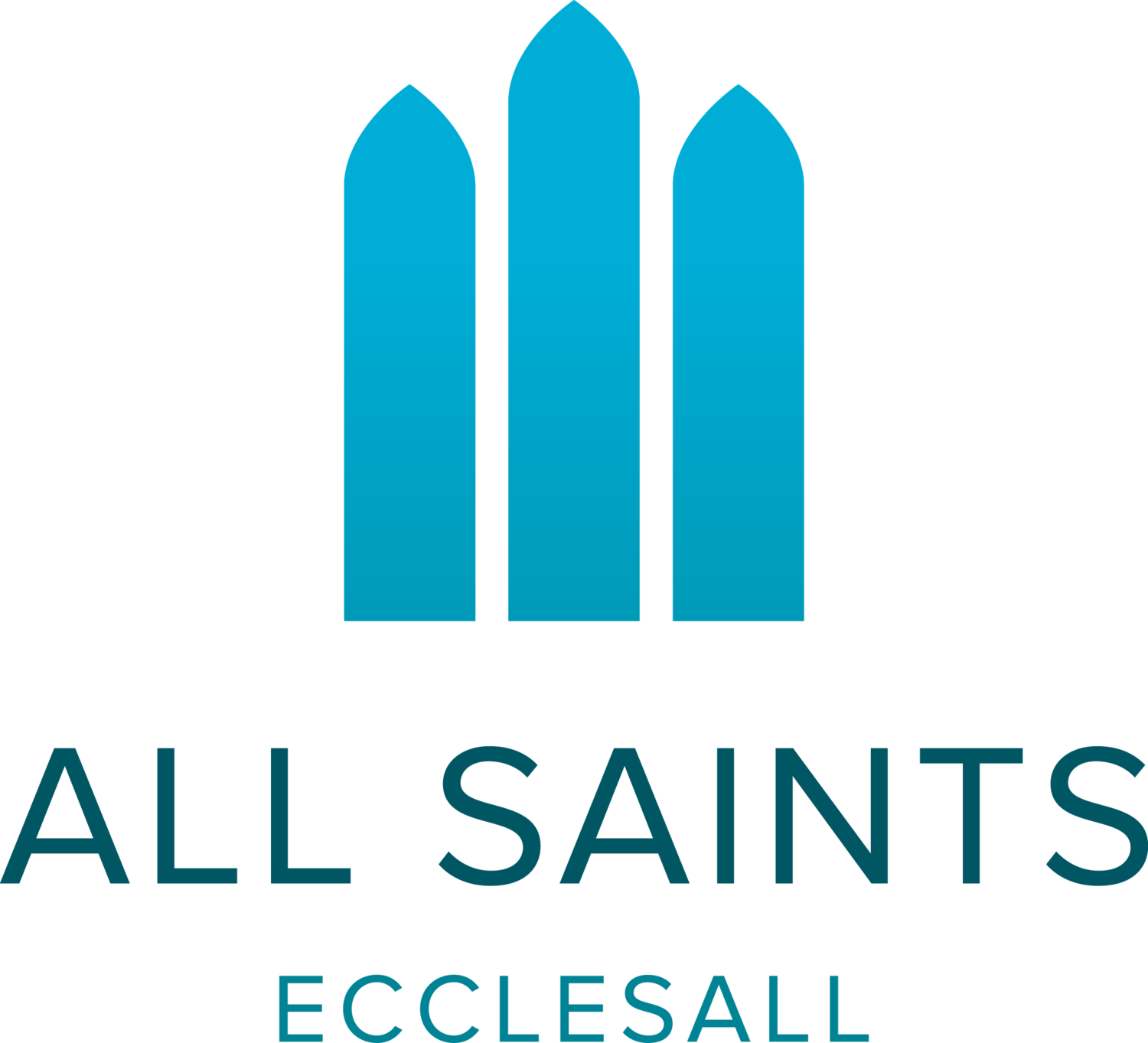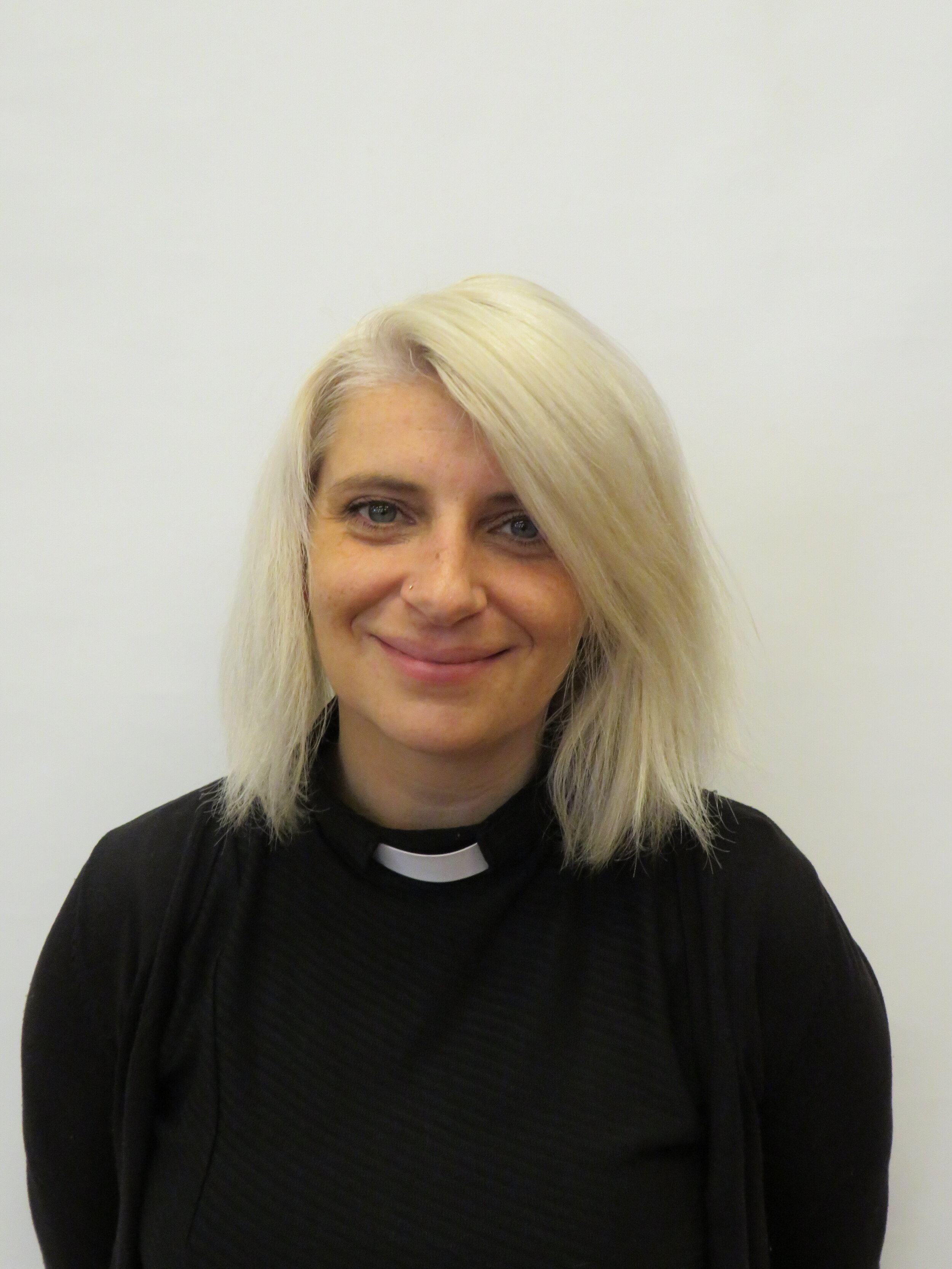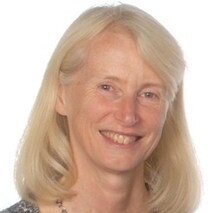Back in March we let you know about the Past Cases Review that is happening across the Church of England. This is a review of all known past cases of concern about the behaviour of clergy, and church officers towards children and vulnerable adults to ascertain whether they have been dealt with appropriately.
Like all churches across the Diocese we were asked by Bishop Pete to review our past safeguarding records, and raise awareness of the review with the church family and invite you to contribute if you wish to. We will be returning our review information to the Diocese at the end of July. We wanted to inform you again of this and give a final opportunity for anyone to get in touch about the review. As a church we are committed to ensuring that all our church-related activities are as safe as possible for children, young people and vulnerable adults.
In January the Panorama documentary ‘The Church’s Darkest Secret’ brought to light the appalling abuse committed by Bishop Peter Ball. Other reports of abuse perpetrated by clergy have hit the headlines in recent years. What has been so disturbing, in some of these cases, is the extent to which these crimes were covered up, allowing abusers to continue in ministry and enabling further abuses to occur. The response, from the church, to the victims and survivors who have spoken out, has often been incredibly damaging. Victims talk of being blamed and shamed for the crimes committed against them. Survivors report carrying the damage of the initial trauma, and the damage caused by the harmful response from the church, for the rest of their lives.
In 2018, an Independent Scrutiny Panel conducted a review of the Church of England’s ‘Past Cases Review’ (which had been completed by all Dioceses in 2007-2009). The recommendation of this panel was for every Diocese to do further work. In response, the Church of England is currently undertaking a review of all known past cases of concern about the behaviour of clergy, and church officers towards children and vulnerable adults to ascertain whether they have been dealt with appropriately. This has been called the Past Case Review 2 (PCR2). We have been asked by Bishop Pete to review our past safeguarding records, to raise awareness of the review with the church family, and to invite you to contribute if you wish to.
Bishop Pete writes:
The Light shines in the darkness and the darkness has not overcome it. [John 1.5]
St John the Evangelist, like St Luke and St Paul, uses the imagery of light and darkness, where darkness represents concealment and shame, whereas light represents the revelation of truth. Darkness hides things that are forgotten, uncomfortable or broken and have been ‘put out of the way’ in cellars or behind closed doors.
They may be things that are inconvenient or of which we are ashamed or afraid. In darkness they lie where we can forget about them, but Christ is the Light of the World and brings to light things now hidden in darkness. He brings to light those deeds that have been concealed and the victims of sins who have been silenced or kept from view. The Light shines for those who need justice and healing and upon those misdeeds that have injured them.
Allowing light to shine on what has been hidden is a first step towards healing, not only for those who have been abused, but for those whose consciences are, or ought to be, troubled by those sins they have buried away beyond the sight of others.
Sometimes it will take an external prompting for those things to be opened to the light of day and to the light of Christ but with such prompting may begin the path to penitence and forgiveness, the path to healing of long-hidden wounds.
We are asking you to help shine a revealing light on any instances of abuse that have occurred in your parish/es and to help ensure that everything that ought to be brought into the light has been. Shining a light on what has hurt or frightened someone is a matter of justice for those who have been victims; sometimes it may also prevent further harm and sometimes it may be the first step towards healing. With that in mind, we thank you for your cooperation in working towards a safer Church.
Should you have any concerns about the past behaviour of clergy, staff or volunteers towards children, young people and vulnerable adults, you are invited to contact Kate Gerrish (Safeguarding Officer) via kate.gerrish@allsaintsecclesall.org.uk or Beth Keith (Deputy Safeguarding Officer) via beth.keith@allsaintsecclesall.org.uk or speak to us after a church service. This may relate to your time at All Saints or at a previous church.
Any information you choose to share will be treated confidentially; it will not be shared with other clergy or members of All Saints, instead, where appropriate, it will be passed on to the Diocesan Safeguarding Team overseeing the review.
If you prefer you can make direct contact with our Diocesan Safeguarding Adviser (DSA) on 01709 309149. Alternatively, a dedicated helpline operated independently from the church by the NSPCC is available on 0800 802020. Anyone can use the helpline to provide information or to raise concerns regarding abuse within a Church of England context; whether they are reporting issues relating to children, adults or seeking to report poor safeguarding practice.
More information from the Diocese about this can be found here (https://www.sheffield.anglican.org/pcr2) including a helpful questions and answer section (https://www.sheffield.anglican.org/pcr2-faqs ).


